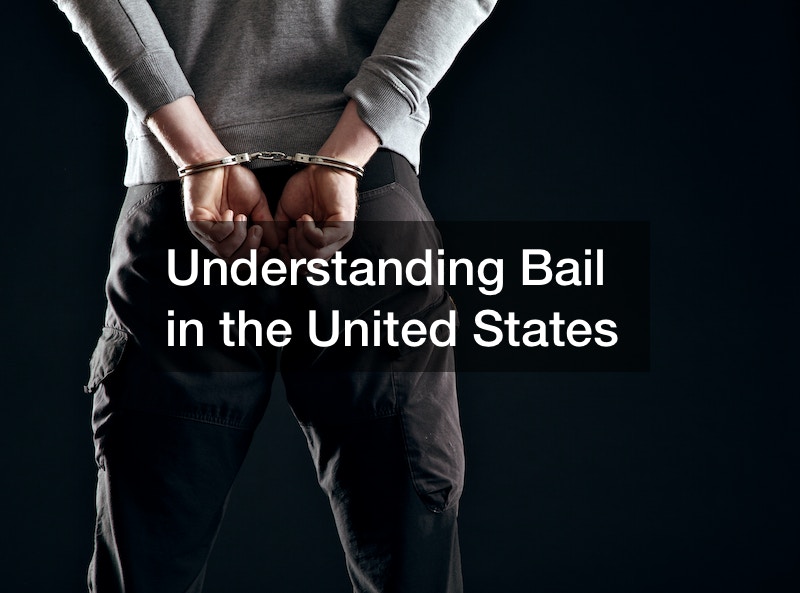Finding the right personal injury lawyer can be challenging, especially with the multitude of options available. This guide aims to answer common questions and provide valuable insights into selecting the best legal representation for your case. Given the complexities involved in personal injury law, it becomes crucial to have the right legal ally by your side to ensure justice is served and compensation is fairly attained.
Navigating the aftermath of an injury can be overwhelming, especially when you’re dealing with medical bills, emotional trauma, and the uncertainty of recovery. In such moments, having a knowledgeable and compassionate legal representative becomes not just an asset but a necessity.
Personal injury cases can range from car accidents and workplace injuries to medical malpractice or product liability, each with its own set of legal challenges and procedural nuances. That’s why selecting a personal injury lawyer is more than just picking a name from a list—it’s about finding someone who understands your unique situation and can advocate on your behalf with precision and empathy.
Many individuals underestimate the importance of hiring the right attorney until they’re deep into legal proceedings. However, your choice of legal counsel can dramatically influence the trajectory and outcome of your case. This guide is designed to walk you through key aspects of the selection process, helping you make an informed and confident decision. Whether you’re looking for legal advice or ready to pursue a claim, understanding what sets a qualified personal injury lawyer apart is the first step toward achieving justice. With the right guidance, you can approach this often daunting process with clarity, assurance, and peace of mind.
What should I look for in a personal injury lawyer?
When choosing a personal injury law firm, the first attribute you should consider is its specialization in personal injury law. A lawyer with a specific focus on this area will be more adept at navigating the nuances involved in such cases. Additionally, having a lawyer who comprehensively understands the local laws and regulations pertaining to personal injury can make a significant difference in the outcome of your case.
Another essential factor is the lawyer’s track record with cases similar to yours. A history of successful outcomes not only boosts your confidence in their capabilities but also indicates a higher probability of a favorable conclusion. Reputation within the community can serve as a testament to the lawyer’s competency and ethics, guiding you to make the right choice.
Finally, considering logistical aspects such as the lawyer’s availability and office location is also paramount. A lawyer who is accessible and easy to communicate with will be beneficial during the various stages of your claim. This ease of accessibility speaks to the lawyer’s dedication to client interaction and resolving issues timeously.
How do I determine if a lawyer has the right experience?
The experience of a personal injury lawyer is a cornerstone of effective legal representation. Evaluate their years in practice, focusing on the number of cases similar to yours they have handled. An attorney who has navigated numerous trials and settlements will be better equipped to foresee potential challenges and strategize accordingly.
Furthermore, examining a lawyer’s continued education and specialization areas can offer insights into their depth of knowledge. Certifications, memberships in professional organizations, and participation in legal seminars underscore a commitment to staying informed about evolving laws and practices. A well-rounded educational background coupled with ongoing professional development highlights an attorney’s dedication to excellence.
Client testimonials and reviews can also provide first-hand accounts of a lawyer’s expertise and client management. Consider reaching out to former clients for personal feedback. This qualitative assessment complements the quantitative evaluation of their professional trajectory, offering a holistic view of the lawyer’s capability.
What role does communication play in choosing a lawyer?
Effective communication is vital in the attorney-client relationship, significantly impacting the flow and success of a personal injury case. A lawyer who actively listens to your concerns and expectations offers a client-focused approach to legal representation. This level of attentiveness ensures that your case receives the personalized attention it warrants.
Moreover, a lawyer who communicates clearly, without resorting to overly complex legal jargon, facilitates a better understanding of your situation and options. Transparent communication also involves frequent updates and open channels for queries, fostering trust and clarity throughout your case proceedings. This transparency reassures clients that their concerns are heard and adequately addressed.
Additionally, effective communication should be evident in the lawyer’s negotiation skills and courtroom demeanor. Their ability to articulate arguments convincingly and engage with opposing parties can heavily influence the terms of settlements and trial outcomes. Therefore, prioritizing a lawyer who excels in communication can be paramount in achieving a favorable resolution.

Choosing the right personal injury lawyer requires careful consideration of factors such as experience, reputation, communication, and legitimacy. By following the guidelines outlined above, you can enhance your chances of securing effective legal representation tailored to your specific needs. Ultimately, the right lawyer will not only navigate the legal complexities on your behalf but help you achieve a sense of justice and closure.




